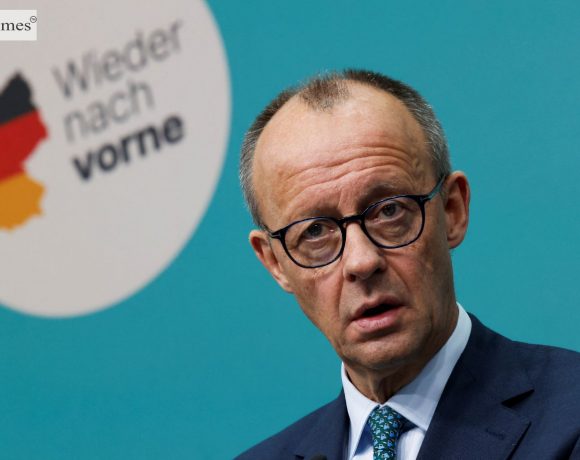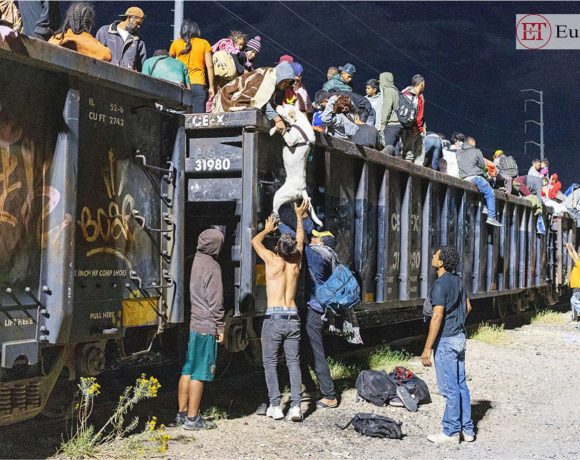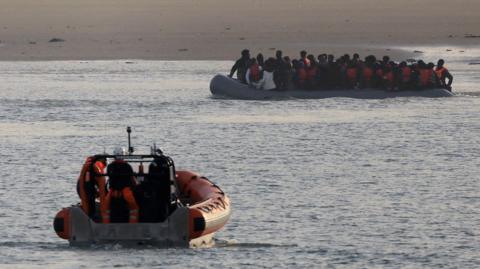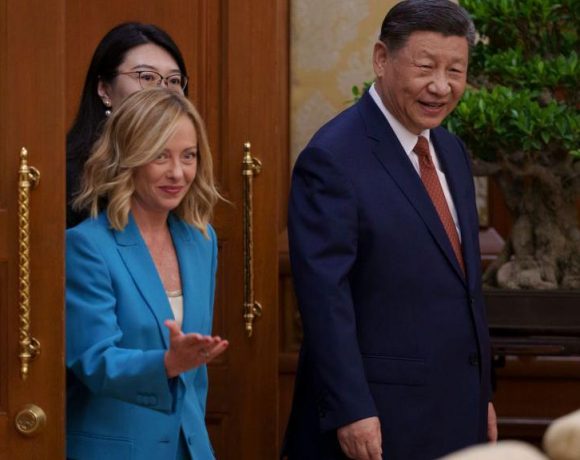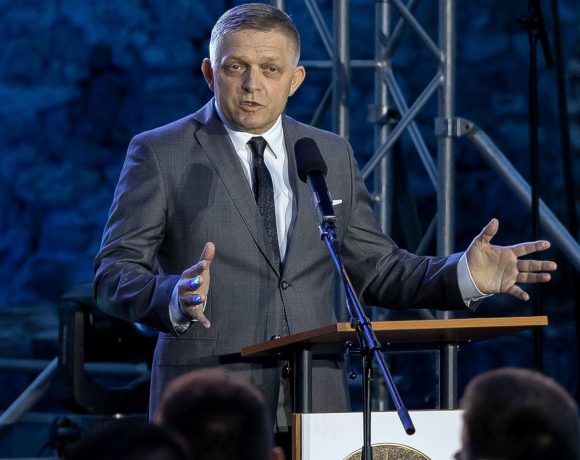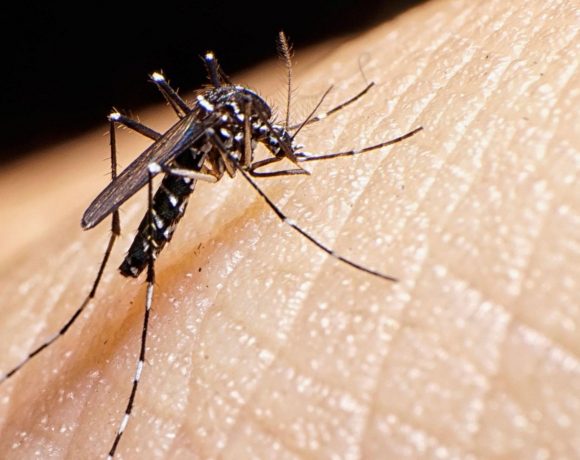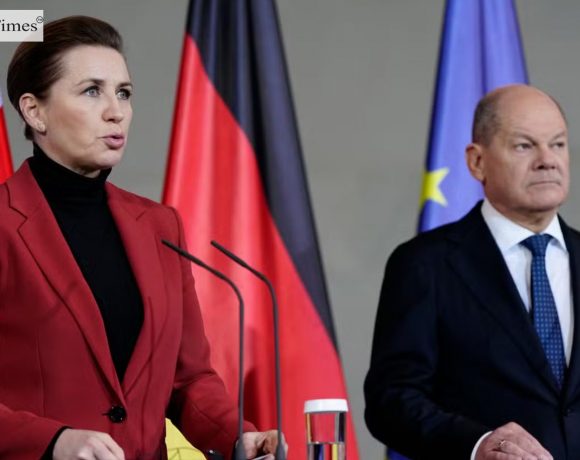
The European Union has strongly reaffirmed its support for Denmark’s sovereignty over Greenland, following repeated comments from U.S. President Donald Trump regarding the potential acquisition of the Arctic island. European Council President Antonio Costa emphasized the importance of Denmark’s territorial integrity, calling it an “essential issue” for the EU in an interview on Wednesday. Costa’s statement aligns with the position of EU foreign policy chief Kaja Kallas, who declared that the bloc would not entertain any negotiations over Greenland’s status.
Trump has expressed that Greenland, a semi-autonomous territory of Denmark, holds strategic significance for U.S. national security, and has even suggested the possibility of using military or economic power to secure the island. The U.S. operates a military base in northwestern Greenland, which functions as a ballistic missile early-warning system. However, both Denmark and Greenland have firmly rejected Trump’s claims, with Greenland’s Prime Minister Mute Egede stating that the island’s people should determine their own future.
In response to growing concerns about Arctic security, NATO and Denmark have agreed to bolster Arctic defense measures, with Denmark committing to an additional $2 billion in defense spending. Despite the tensions over Greenland, both Greenland and Denmark have made it clear that the island is not for sale, maintaining their position on the region’s territorial sovereignty.
Pic Courtesy: google/ images are subject to copyright

